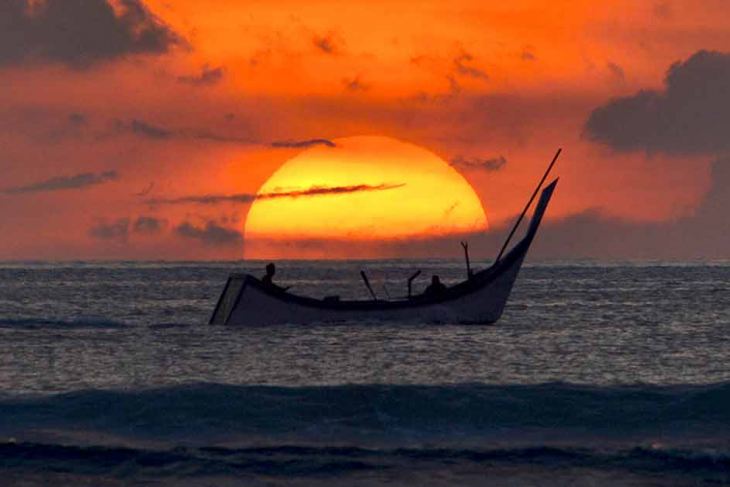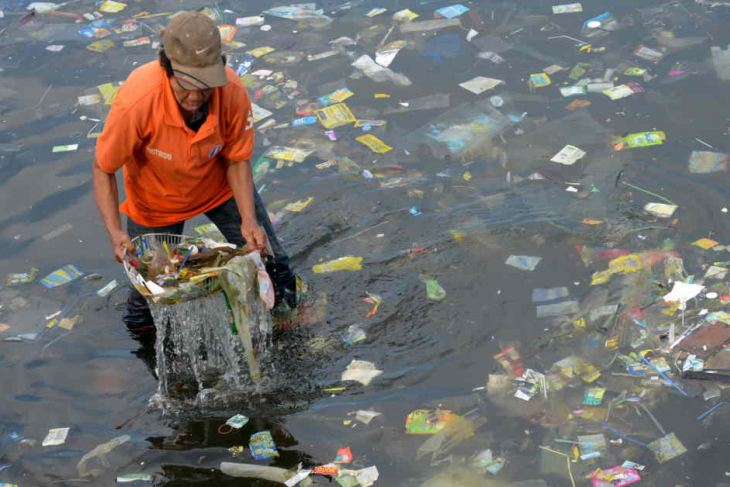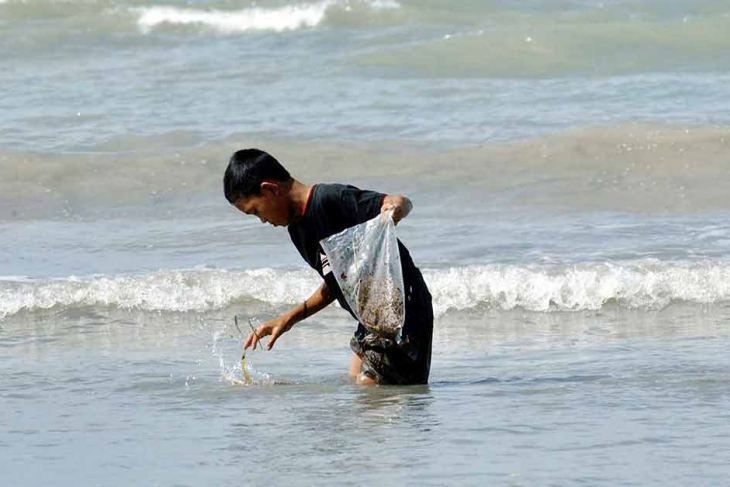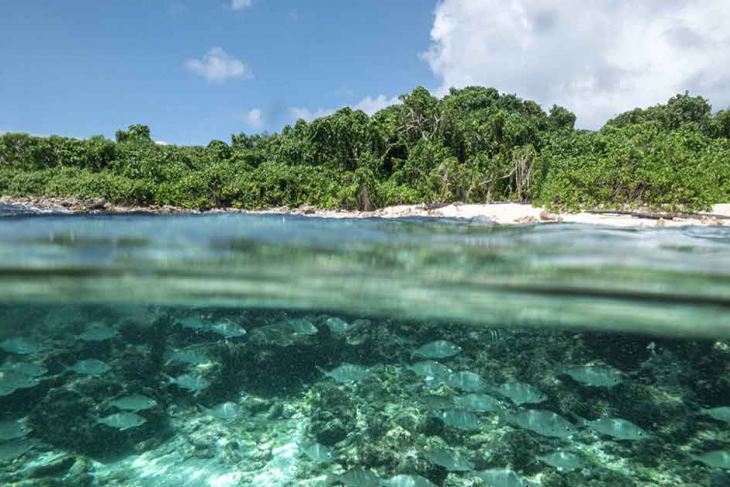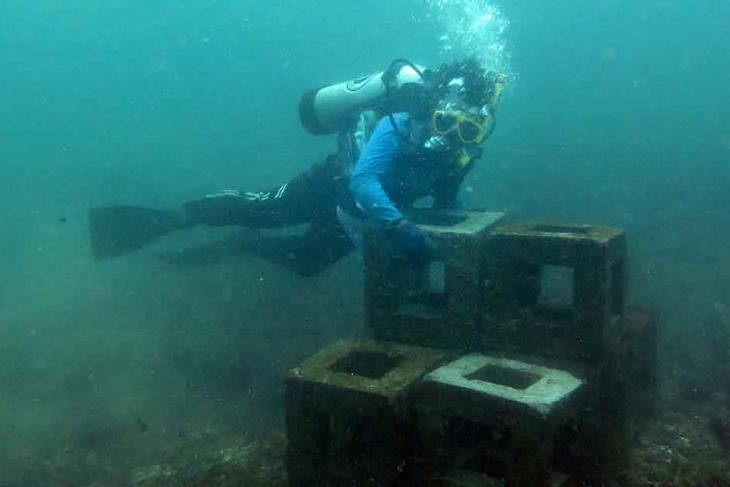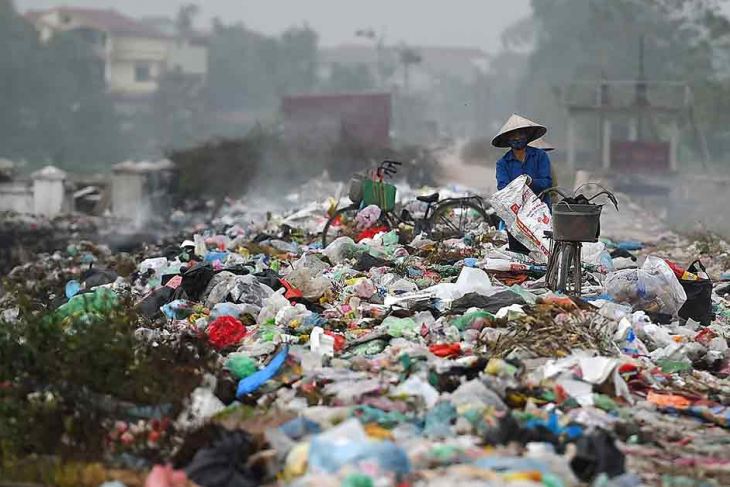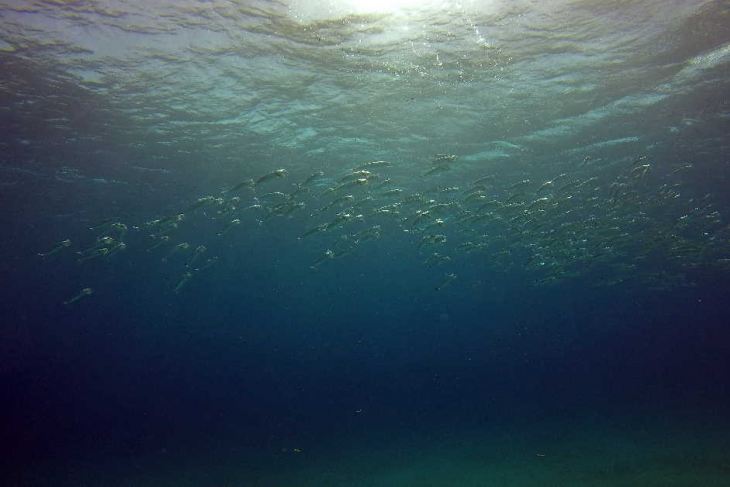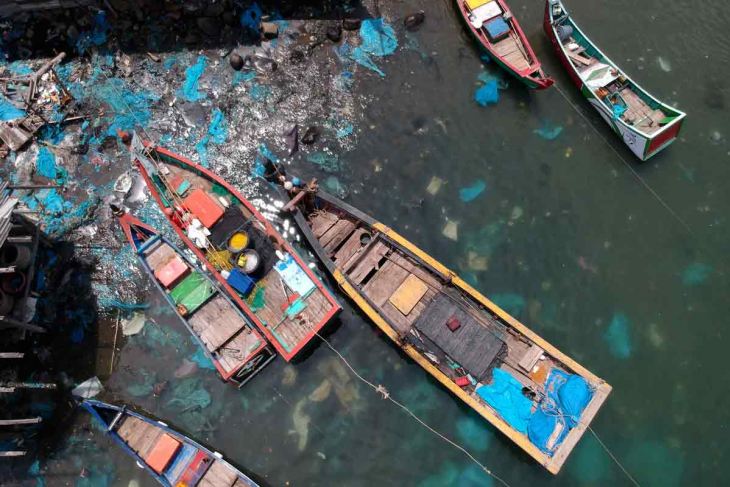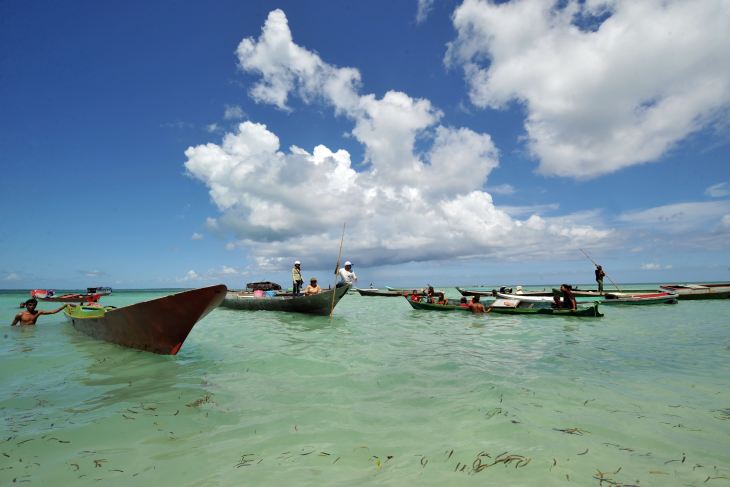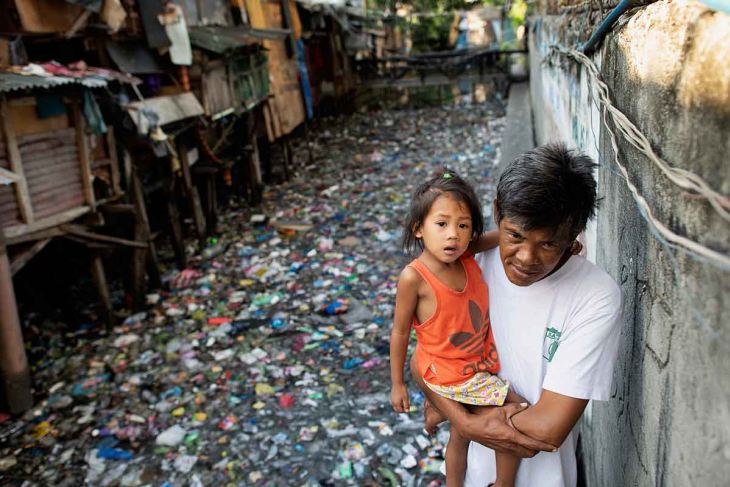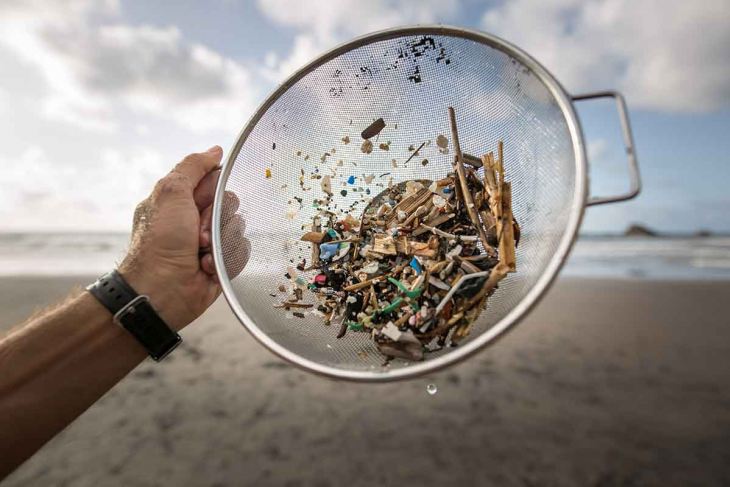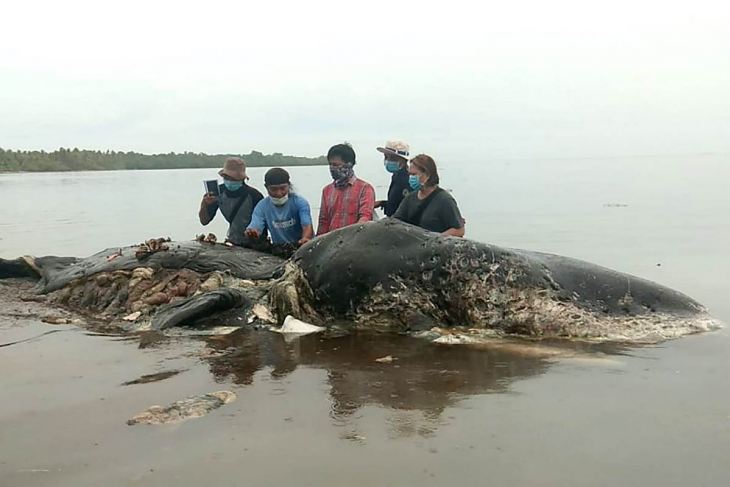Our Oceans Are Too Hot
Oceans cover more than 70 percent of the Earth’s surface and about 97 percent of our planet’s water is in them. Of the tiny percentage of water that is not found in our oceans – about two percent – is frozen up in glaciers and ice caps.The World Wide Fund for Nature (WWF) noted that the oceans are a life-support system for the Earth and a global common that provide us with free goods and services, from the food we eat to the oxygen we breathe.
